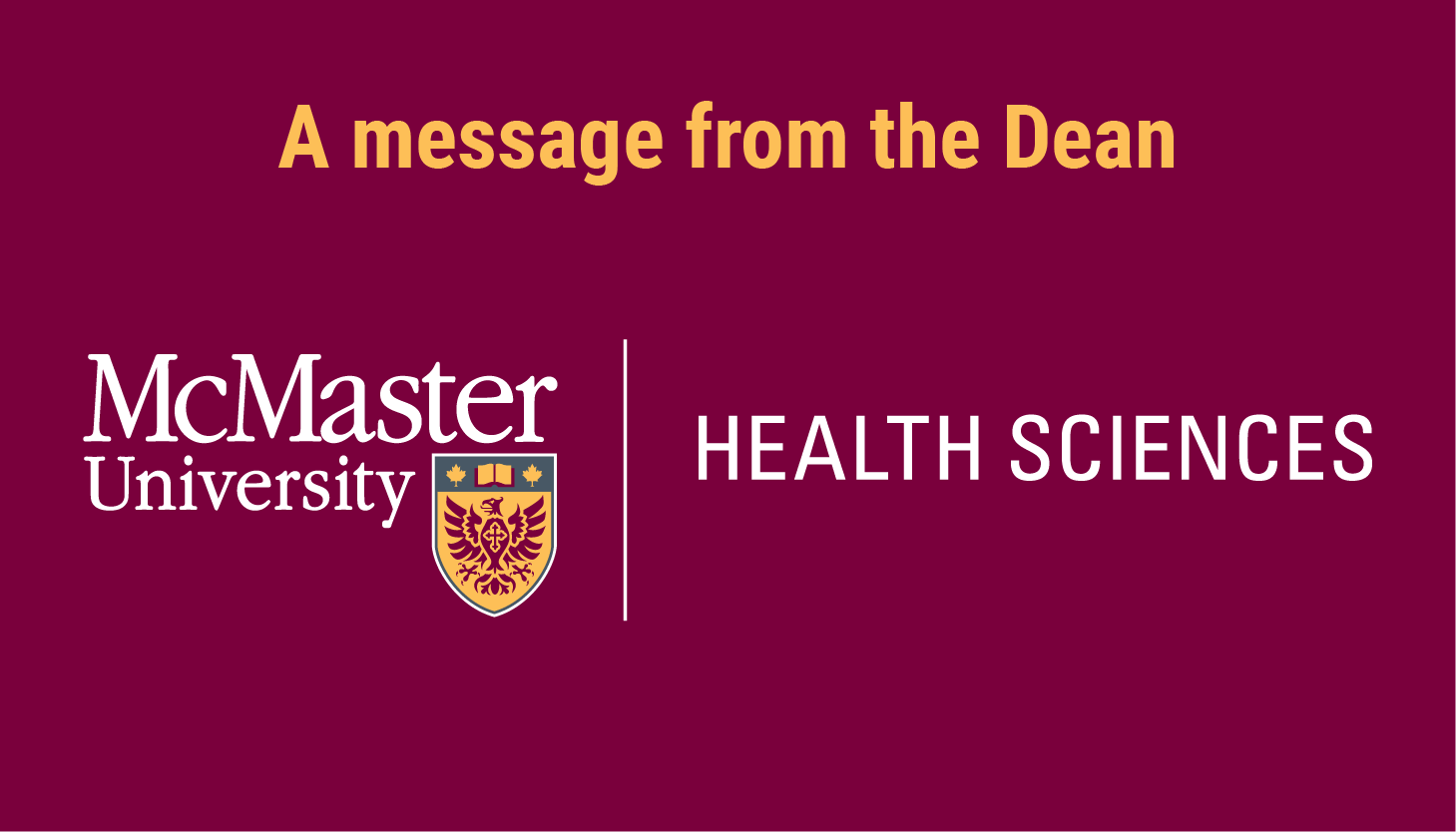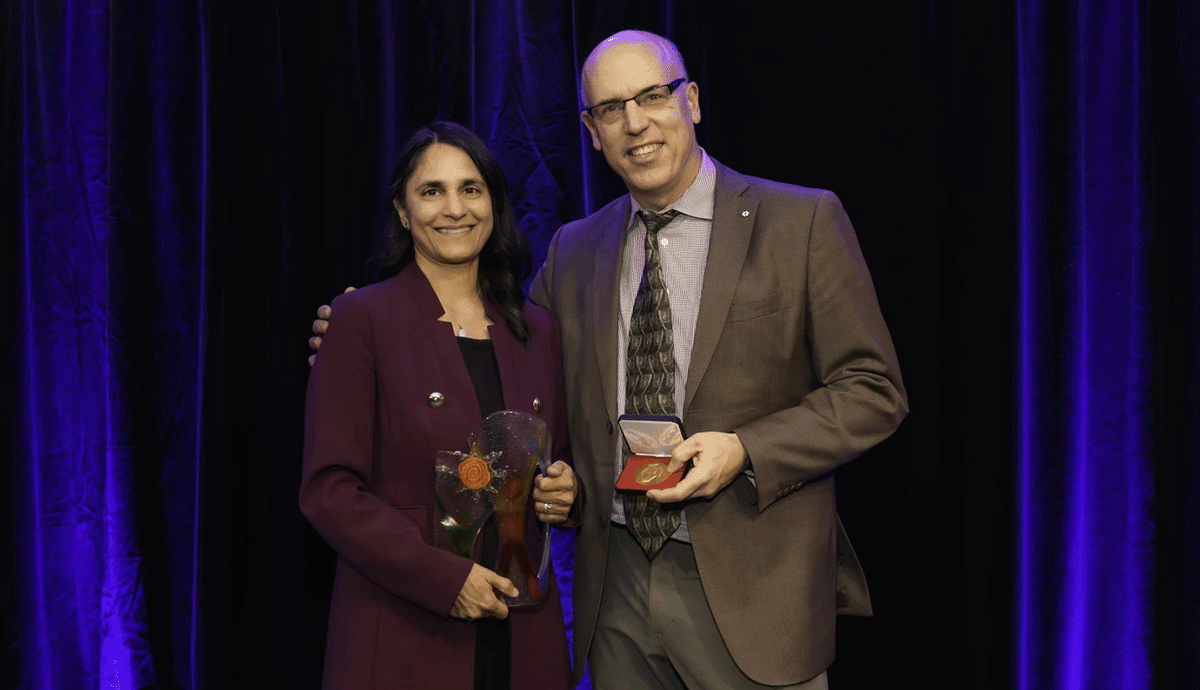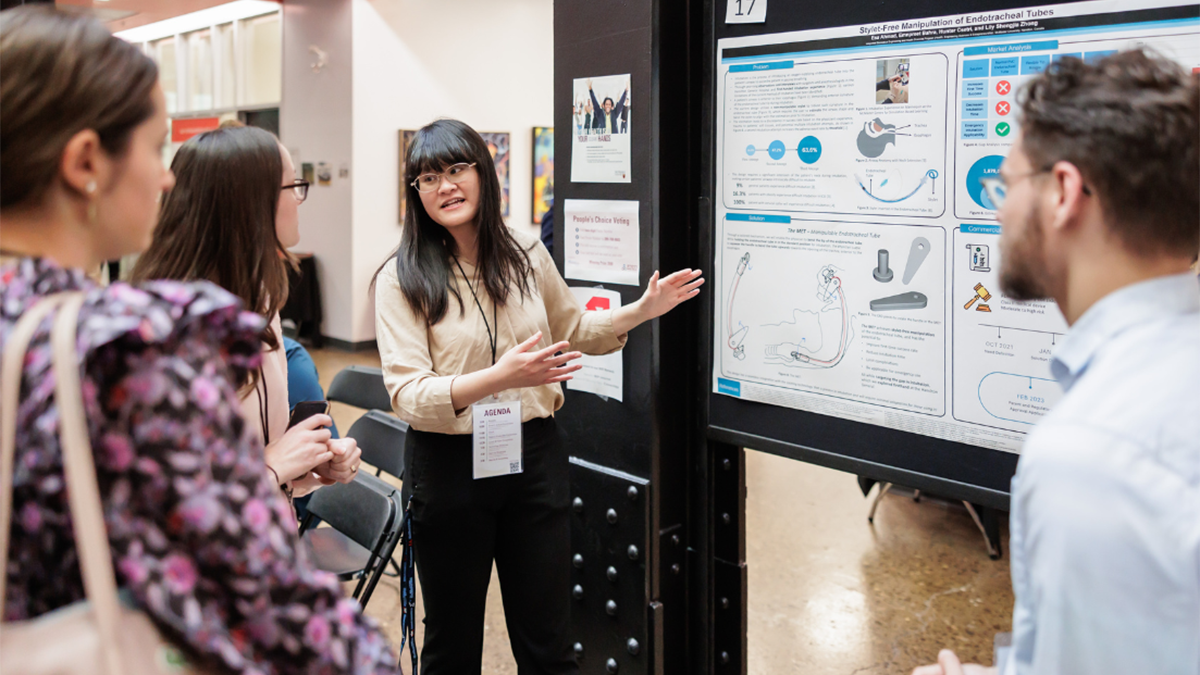Message from the Dean: Reaffirming our support and commitment to our full community

Message from the Dean and Vice-President, Dr. Paul O’Byrne. Updated Nov. 2, 2023
Reaffirming our support and commitment to our full community
The university shared this message on October 31.
We have heard important feedback from diverse members of our Faculty of Health Sciences (FHS) community, which has informed this message. We are aware that no message can capture the complexity of the situation in Gaza and Israel, nor speak adequately to the depth of pain and distress members of our FHS community are experiencing. We can and must affirm that as a Faculty, we are fully committed to the dignity, humanity and safety of all our learners, staff and faculty.
Much tragedy has transpired over the past several weeks. We mourn the suffering and loss of life for all of humanity. The escalating crisis has resulted in a significant number of casualties and immense suffering for Palestinians and Israelis. Our community is struggling to grapple with these events and is distressed as this continues to unfold. Many members of our community are personally affected. We mourn alongside our Jewish, Palestinian, Israeli, Muslim and other community members who are hurting, and who have ties to people who are suffering, missing, or deceased.
As a health sciences community, we insist that all life deserves respect. We condemn violence, dehumanization and the harm of innocent civilians, and we believe in the right to a peaceful existence and human rights for all. We support peaceful resolution of conflict and access to health and humanitarian assistance.
There is no room for Antisemitism, Islamophobia – or any discrimination, racism, harassment or professional misconduct in any of our university or clinical environments. Any such behaviour will be taken seriously and dealt with expeditiously. While we respect differing views and the right to freedom of expression, it cannot be emphasized enough that actions and words, in person or on social media, can cause profound harm. We will continue to apply university policies whenever necessary, which include the Discrimination and Harassment Policy, Faculty Code of Conduct and Student Code of Rights and Responsibilities.
The university environment must be a safe space to foster respectful dialogue, where all members can express themselves without causing fear and harm to others. We know that currently, some learners, faculty and staff are fearful for their safety. This is not acceptable within the FHS environment. While we may have different experiences, perspectives and viewpoints, everyone has a right to learn and work in an environment free from discrimination, harassment, abuse and violence. Below you will find support and resources that address these concerns.
Contacts and supports:
The desire to hold space, provide supports and foster dialogue amidst complexity is important and psychological and physical safety is paramount. If you are organizing university events related to this or similar issues, please engage your department chair/vice dean, and they will connect with leaders in the Faculty/university to ensure the Equity & Inclusion Office, Student Affairs and Security Services are engaged, consulted in advance, and appropriately supporting your event.
In addition to the community safety resources on this list of resources for the McMaster Community, contact your department chair or vice dean if you would like to organize a safety session to address specific concerns about safety on campus.
The McMaster Community Resources list also includes wellness and spiritual resources.
Contacts and supports for professionalism, discrimination, harassment or sexual violence concerns or complaints:
Learners
We understand that academic and clinical responsibilities can be overwhelming and challenging during these times. We strongly encourage any learner feeling overwhelmed or uncertain about their next steps to reach out to the student supports listed on the McMaster Community Resources list (see the Student Support section) for additional support, resources, and guidance. Schools and programs have additional supports for learners. Contact your school/program leaders directly if you are unsure what is available to you.
Learners in Undergraduate and Postgraduate Medicine can also contact (UGME) Student Affairs or Resident Affairs. Learners in the Undergraduate and Postgraduate Medicine and Physician Assistant Education Program can also contact the Office of the Learning Environment & Mistreatment (OLEM). The OLEM is dedicated to helping learners navigate concerns related to the learning environment and learner mistreatment. Information can be found on the OLEM website, which includes a confidential online form.
Additional learner resources include:
- FHS Professionalism Office
- Human Rights & Dispute Resolution, Equity & Inclusion Office
- Sexual Violence Prevention & Response Office, Equity & Inclusion Office
- Student Support and Case Management
Faculty resources (in addition to the McMaster resources list):
Faculty & Staff resource reminders (found on the McMaster resources list):
- Employee/Labour Relations, Human Resources
- Human Rights & Dispute Resolution, Equity & Inclusion Office
- Sexual Violence Prevention & Response Office, Equity & Inclusion Office
Community & Culture
Related News
News Listing

Sonia Anand recognized with HRF Diversity & Equity in Research Award
Awards & Recognition, Community & Culture
22 hours ago

Department of Pediatrics ➚
From seed to success: How philanthropy fuels child health research at McMaster
Community & Culture
6 days ago

Brighter World ➚
Innovation Showcase returns this month to McMaster Innovation Park
Community & Culture
November 5, 2024
